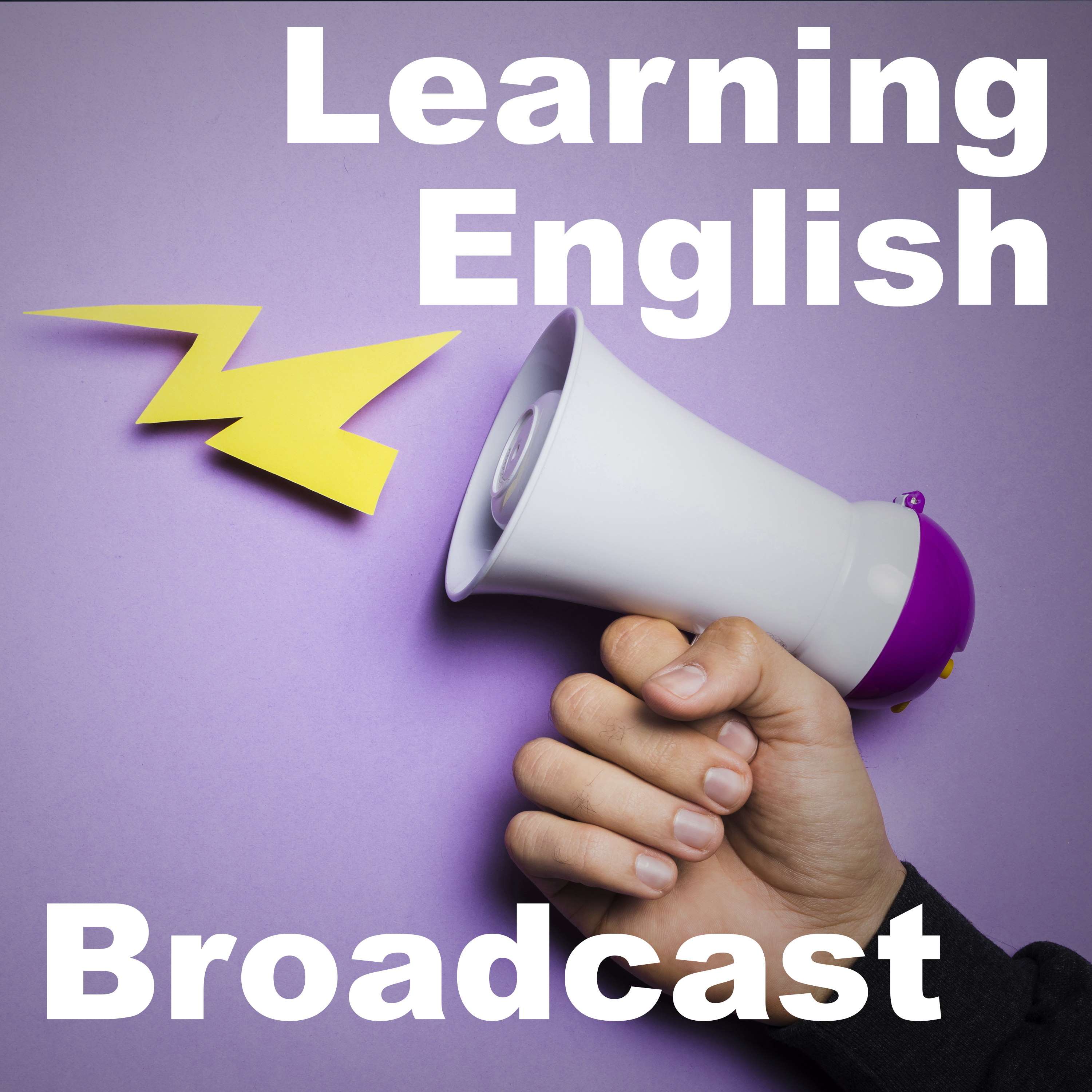
Learning English Podcast - December 20, 2024

VOA Learning English Podcast - VOA Learning English
Deep Dive
What are the differences between 'kind', 'type', 'species', and 'genre'?
'Kind' and 'type' are general terms for groups sharing common traits, while 'species' is used for categorizing living things, and 'genre' refers to styles of creative works like music or art.
How are 'kind' and 'type' used in everyday English?
Both 'kind' and 'type' are used to describe groups with shared characteristics, often followed by 'of'. For example, 'a kind of car' or 'a type of fruit'.
Why is 'species' more specific than 'kind' or 'type'?
'Species' is used to categorize living organisms, each with a unique Latin scientific name, such as Homo sapiens for humans.
What is the purpose of the word 'genre'?
'Genre' categorizes creative styles like music genres (rock, jazz) or painting styles (impressionism). It is more formal than 'kind' and often used in writing or formal discussions.
How do Americans express expectations during Christmas?
Americans often experience surprise or disappointment on Christmas Day, such as when a child expecting a video game receives a grammar book instead.
What are some English words used to express counter-expectation?
Words like 'even', 'still', and 'actually' are used to show surprise or disappointment, depending on the context and tone of voice.
How does the word 'even' convey disappointment or surprise?
'Even' emphasizes unexpected actions, such as a child saying, 'He didn't even call me on Christmas Day,' highlighting disappointment.
What is the role of 'still' in expressing unmet expectations?
'Still' shows that reality doesn't meet expectations, like when someone is surprised that a family member is still present after a party.
How does 'actually' highlight unexpected events?
'Actually' emphasizes the unexpected, such as when someone says, 'Uncle Bob actually stole her Christmas gift,' showing surprise or disapproval.
What is the main theme of 'The Gift of the Magi'?
The story illustrates the selflessness of giving, where a couple sacrifices their most prized possessions to buy each other Christmas gifts, showing true wisdom in giving.
- 'Kind' and 'type' are synonyms with the broadest meaning, often followed by 'of'.
- 'Species' categorizes living things, while 'genre' categorizes creative works.
- The choice of word depends on the context and desired level of formality.
Shownotes Transcript
On today’s podcast, the differences in the definitions of the words ‘kind,’ ‘type,’ ‘species,’ and ‘genre;’ hear about ways Americans express expectations during the Christmas holiday on Everyday Grammar; then, 'The Gift of the Magi' by O. Henry on American Stories.